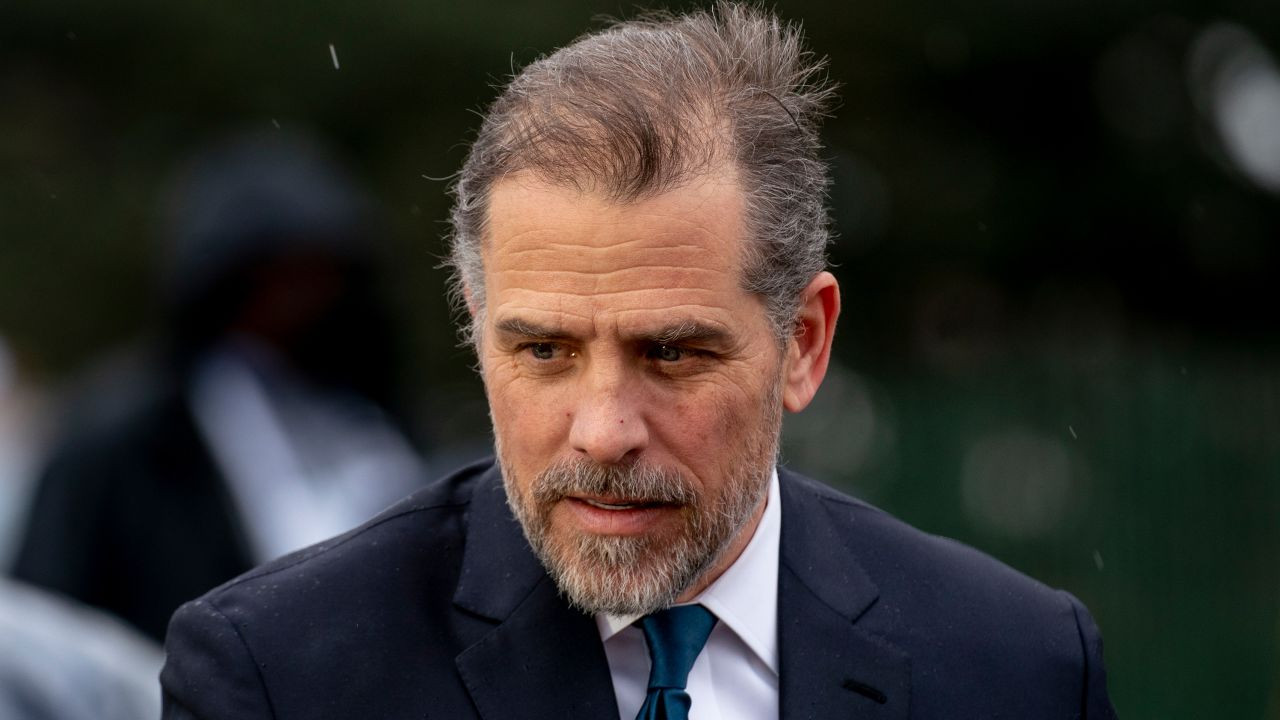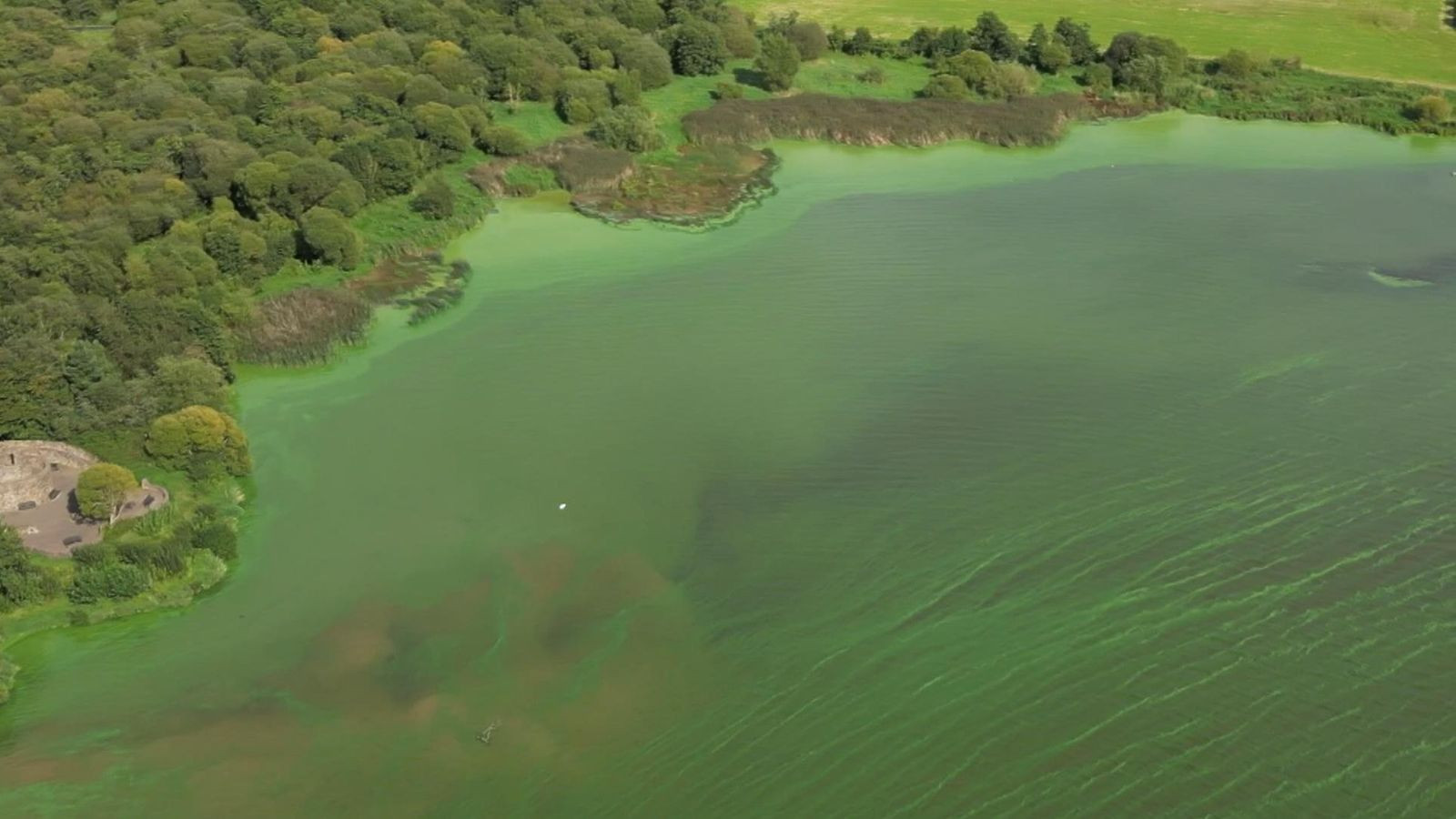President Biden Pardons Son, Hunter Biden: A Controversial Decision
President Joe Biden announced on Sunday, December 1st, a full pardon for his son, Hunter Biden, concluding a saga that has embroiled the Biden family and American politics for years. The decision, granting clemency for charges of tax fraud and illegal gun possession, has sparked intense debate across the nation, with supporters and critics alike weighing in on the ethical and legal implications.
Hunter Biden's Legal Troubles: A Timeline
Hunter Biden, 54, faced multiple charges stemming from his tax affairs and a firearms offense. In September, he pleaded guilty to two misdemeanor counts of failing to pay federal income taxes, evading a substantial amount of taxes over the past decade. This plea deal averted a potential trial. Earlier in the year, he was also convicted of illegally purchasing a firearm while knowingly being a drug addict, a felony under Delaware law.
The Tax Fraud Case
The tax charges stemmed from Hunter Biden's failure to pay approximately $1.4 million in taxes over a period of several years. He faced potential prison time on these charges. In his plea agreement, he admitted his wrongdoing, accepting responsibility for his actions in this context.
The Gun Charge
The gun charge involved a violation of federal law related to purchasing a firearm while under the influence of drugs. The specifics of this case highlighted Hunter Biden's struggles with drug addiction. The prosecution cited his addiction as a key factor in the charges.
The President's Decision: A Justification
President Biden issued a statement justifying his decision to pardon his son, asserting that the prosecution was politically motivated and constituted a miscarriage of justice. He claimed that his son had been unfairly targeted, explicitly mentioning that the accusations emerged after instigation by his political opponents in Congress. Biden asserted that his decision stems from his belief that a grossly partisan process corrupted the judicial process. President Biden's defense of his decision focuses heavily on the claims that his son's struggles were cruelly exploited for political gain by his opponents.
The President's statement directly addressed criticisms, stating, "No reasonable person who examines the facts in Hunter's cases could come to any other conclusion than this: Hunter was targeted solely because he's my son — and that's wrong." In his defense, he reaffirmed that he would not interfere in the justice department’s work, highlighting the unfairness of the process that his son had faced. This claim was directly made in light of allegations that the prosecution of Hunter Biden was initiated and fueled by political adversaries seeking to undermine his father's presidency.
Political Fallout and Public Reaction
The pardon has predictably ignited a firestorm of reactions. Republicans and other critics have condemned the decision, accusing President Biden of abuse of power and favoritism. They see the pardon as undermining the integrity of the justice system and as a deeply partisan act. These accusations were amplified in light of the president's prior public statements that he would not grant his son clemency.
Conversely, some supporters argue that President Biden's decision is a demonstration of compassion and forgiveness, acknowledging Hunter Biden's struggles with addiction. They also claim that the President was right to protect his son from what they view as a biased and politically charged prosecution. The debate is intense and continues to generate considerable discussion, demonstrating a deeply divided nation grappling with the ethical and political ramifications of this unprecedented act.
The Unfolding Narrative: A Father's Choice
President Biden's decision is a complex tapestry woven with threads of paternal love, political maneuvering, and legal complexities. It's a narrative that underscores the delicate balance between a parent's protective instincts and the responsibilities of a nation's leader. The pardon, issued just weeks before the end of Biden's presidential term, serves as a stark reminder of the personal and political pressures faced by those in the highest office. This decision will undoubtedly shape the legacy of the Biden presidency, raising questions about justice, family, and the enduring power of political divides in a deeply polarized society. In the end, the pardon stands as a profound moral and political statement with far-reaching implications.
This decision also leaves an important mark on the American political landscape, influencing upcoming elections and the nature of future political debates. The pardon will undoubtedly continue to be debated and analyzed by legal scholars and political analysts for years to come. Whether it is viewed as an act of mercy or an abuse of power, it has irreversibly altered the political discourse in America.

















